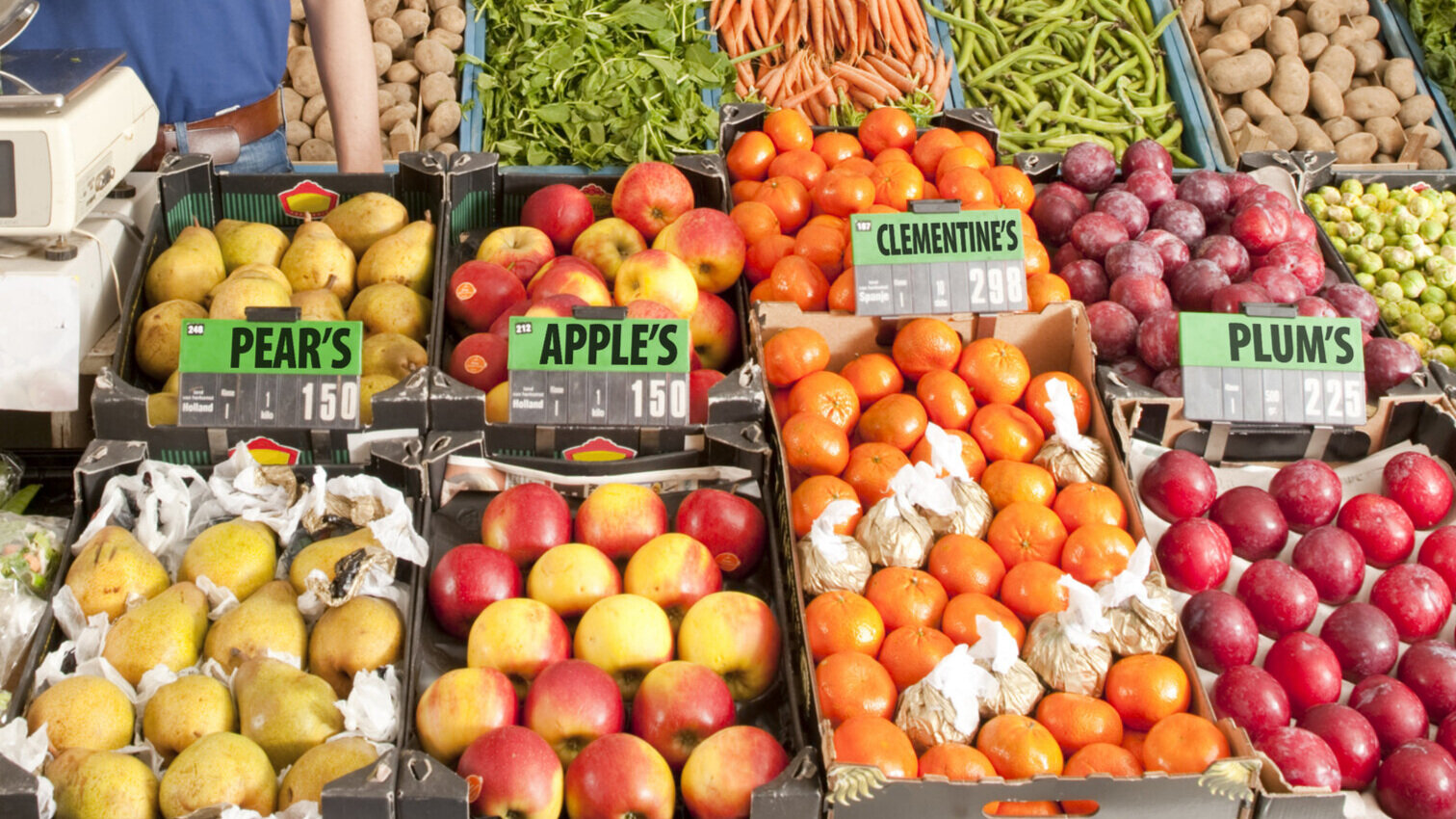Plural apostrophe: put it down slowly and walk away
The plural apostrophe is always wrong. Never use an apostrophe to denote a plural. Pity the poor apostrophe. Whenever he threatens to make an appearance you find yourself coming over all nervous. It's nothing personal – you just can't help feeling a little intimidated around a character so hard to comprehend. In fact, that little chap with the scarily Hellenic name is such hard work, you're tempted to drop him altogether.
Not so fast. Like Capricorns and rottweilers the apostrophe just takes a little bit of time to get to know. Respect him – and take the time to understand his apparently complex but wonderfully consistent ways – and you've got a friend for life. Why? Well, aside from stopping you appearing illiterate, he'll help you avoid a whole host of ambiguities.
I won't overload you with all the intricacies of the apostrophe in one go. Instead, I'll explain his mysteries in several blog entries. That way, you can get to know him slowly – so you've no excuse to abuse him out of ignorance again.
Let's begin with when you shouldn't use the apostrophe: namely to denote plurals - the plural apostrophe. One group of people known for being all too familiar with our superior little friend are grocers. It's hard to express the pain caused to grammar geeks by squares of cardboard felt-tipped with phrases such as "Banana's 50p", "Pears' 1.30p a pound" or "All Apple's On Sale".
So remember this: if all you want to do is convey the fact that there are more of a particular item than one, this is not your moment to forge a relationship with the plural apostrophe. Learn to love the words "bananas", "apples' and "pears" (and all other nouns in their plural form) in their beautifully unadorned, apostrophe-free state - and don't fall into the trap of using the grocer's plural apostrophe.
Or should that be grocers' plural apostrophe? But that's for another blog entry . . .












Let me restate my rule number one for apostrophes: never, ever add ’s to the end of a word just to make it plural.